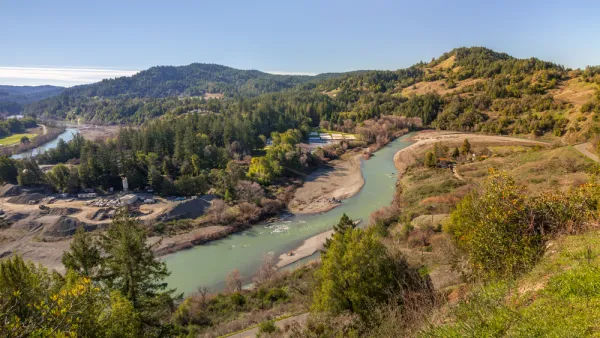The Clean Water Act mandates reporting of ‘impaired waters’ to support conservation and restoration efforts.

A new report from the Government Accountability Office (GAO) reveals that Washington state is years behind on reporting polluted waterways. In an article for High Country News, Kylie Mohr describes the requirements set out by the Clean Water Act, which “requires each state to maintain a list of water bodies that don’t meet federal standards and submit an update to the Environmental Protection Agency every two years.” The lists are designed to help government agencies and the public understand local conditions and risks and prioritize cleanup efforts.
According to the GAO report, Washington has missed submission deadlines since 2012. “State officials attributed the backlog to the number and complexity of Washington’s water bodies and the amount of data collected by other agencies, saying it takes time to bring everything together.” The state also consults with dozens of tribal communities affected by conservation efforts.
Washington Department of Ecology Director Laura Watson, in a written response to the report, said “Ecology disagrees with the report’s focus on the timeliness of the state’s impaired waters lists as a key component of salmon recovery in Washington.”
FULL STORY: Washington lags behind in water-pollution oversight

National Parks Layoffs Will Cause Communities to Lose Billions
Thousands of essential park workers were laid off this week, just before the busy spring break season.

Retro-silient?: America’s First “Eco-burb,” The Woodlands Turns 50
A master-planned community north of Houston offers lessons on green infrastructure and resilient design, but falls short of its founder’s lofty affordability and walkability goals.

Delivering for America Plan Will Downgrade Mail Service in at Least 49.5 Percent of Zip Codes
Republican and Democrat lawmakers criticize the plan for its disproportionate negative impact on rural communities.

Test News Post 1
This is a summary

Test News Headline 46
Test for the image on the front page.

Balancing Bombs and Butterflies: How the National Guard Protects a Rare Species
The National Guard at Fort Indiantown Gap uses GIS technology and land management strategies to balance military training with conservation efforts, ensuring the survival of the rare eastern regal fritillary butterfly.
Urban Design for Planners 1: Software Tools
This six-course series explores essential urban design concepts using open source software and equips planners with the tools they need to participate fully in the urban design process.
Planning for Universal Design
Learn the tools for implementing Universal Design in planning regulations.
EMC Planning Group, Inc.
Planetizen
Planetizen
Mpact (formerly Rail~Volution)
Great Falls Development Authority, Inc.
HUDs Office of Policy Development and Research
NYU Wagner Graduate School of Public Service





























